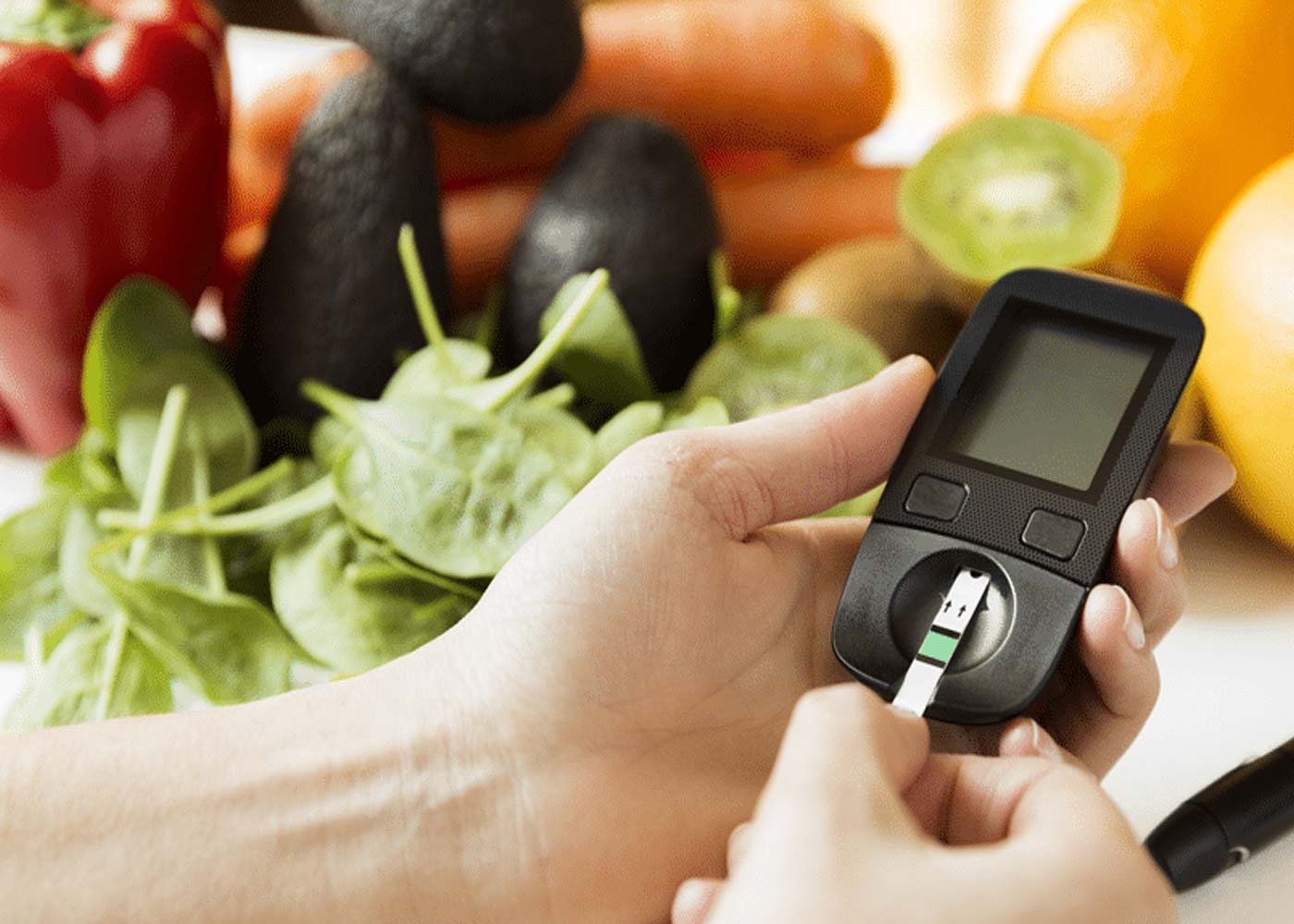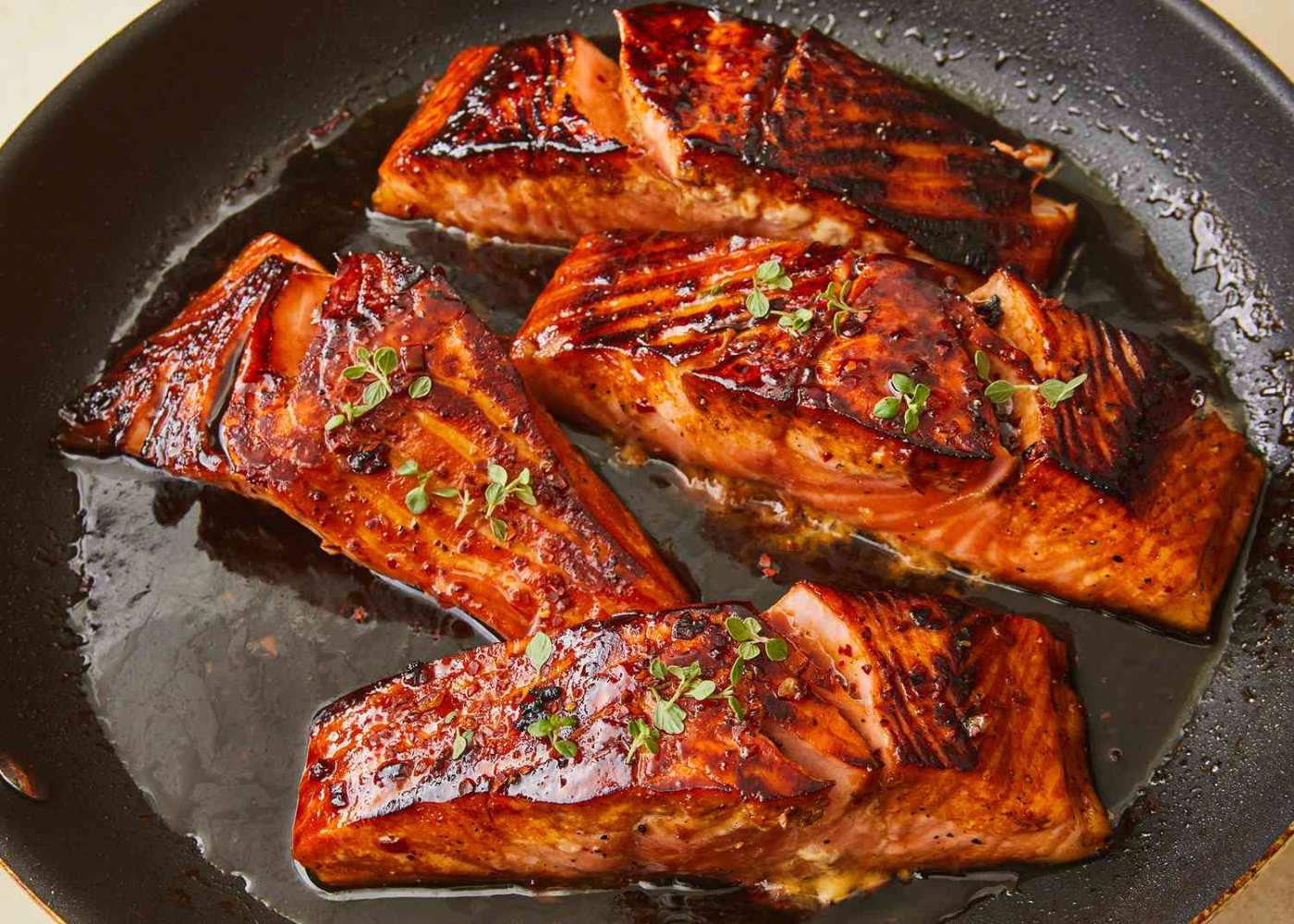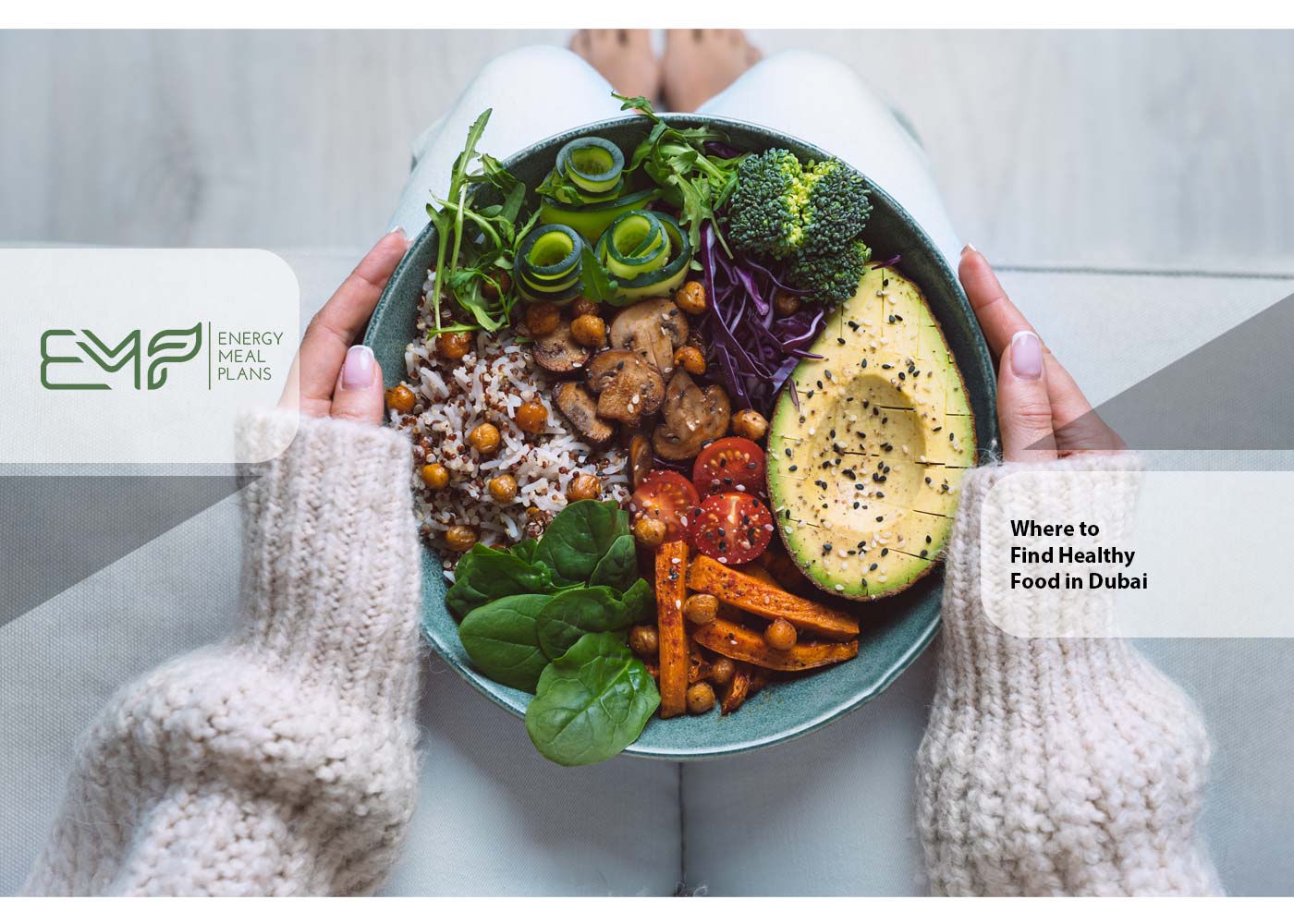For quite some time now, in fitness and nutrition spaces, we
continue to believe — again — that eating plans that consist of plants cannot
provide enough protein for building muscles. This misconception is disproved by
science as well as the success of elite vegan athletes during the previous few
years. For any fitness goal to be achieved, there needs to be essential amino
acids, and these proteins are provided perfectly well by plant-based proteins
for bodybuilders and athletes of all sorts, as well as those who want healthy
living.
In addition, vegan fitness nutrition wins when people pick
multiple sources of vegan foods rich in protein as well as the complete
profiles of all the vital amino acids. When a plant-based diet is designed
properly it allows people to reach their fitness objective without any animal
product abstention. The subsequent elements discuss the very best vegan
proteins which aid muscle development and wellness and also give you important,
advantageous nutrition as part of your endeavors to stay more healthy for
longer.
1. Lentils
Lentils are commonly included in the diets of plants because
of their essential nutritional value. 18 grams of protein in each cooked cup of
the lentils make it one of the top vegan foods high in protein content.
Abundant fibre, iron and folate nutrients are present in these legumes that help
in gaining great benefits in terms of health. Because lentils can be eaten in
three different food categories (soup, salad, plant-based burger) and three
different cooking methods (boiled, baked, fried), they excel as an ingredient.

2. Chickpeas
When you cook one measuring cup of chickpeas, also known as
garbanzo beans, you’ll get 15 grams of protein. Chickpeas are a type of complex
carbohydrate that provides prolonged workout energy to athletes. Roasting
chickpeas for snacks makes them taste crispy and provides a tasty ingredient
for curries. Chickpeas also make a delicious hummus. Chickpeas also offer iron
and magnesium, which aid in athletic performance and muscle function.
3. Quinoa
Due to its complete amino acid profile, quinoa is a unique
plant protein. Eight grams of protein is found in a single cooked cup of this
food. In addition to protein, the gluten-free plant contains magnesium, iron,
and fiber. It is possible to use quinoa in salads, it works fine as a grain
substitute in bowls or instead of rice.
4. Tofu, Tempeh, and Edamame
As far as plant or vegan proteins are concerned, soy-based
foods are the best as they offer a wide range of advantages during muscle
development:
- Tofu (10 grams of protein per half cup) is an adaptable
ingredient that absorbs the flavors of the dishes it’s cooked with.
- Tempeh (16 grams of protein per half cup) is fermented,
making it easier to digest while offering probiotics for gut health.
- Edamame (17 grams of protein per cooked cup) is packed with
fiber and essential nutrients like folate and vitamin K.
As all three soy-based food options meet the muscle building
requirements and can be used in different cooking methods like in any salad,
stir fry and wraps, they are all beneficial to vegans.
5. Hemp Seeds
Hemp seeds are a strong nutritional resource, as their 10
grams of protein per three tablespoons are substantial. These foods have small
amounts of omega 3 and omega 6 fatty acids that enhance your muscles to be able
to recover during the beginning and middle of the workout and to help heart
functions. When added as a topping to oatmeal, salads and smoothies, hemp seeds
are a quick protein booster.
6. Chia Seeds
Chia seeds have 5 grams of protein and excellent omega-3s
and antioxidants along with their fiber content, and that comes in two
tablespoons. These small seeds make digestion and hydration easier than with
anything else on the planet and give prolonged energy yielding them very good
protein food for vegans. Adding Chia pudding and Chia smoothies as seasoning is
a great alternative alongside meals.
7. Nutritional Yeast
Nutritional yeast is as essential as salt for a plant-based
diet. This product contains 8 grams of protein, two tablespoons of which
provide, along with the vitamin B12 added for nutritional support in vegan
diets. Pasta and popcorn: Additionally nutritional yeast is used as a flavor
enhancer for pasta and popcorn and sauces and, at the same time, as a source of
complete plant proteins due to its cheesy taste.
8. Seitan
Seitan, otherwise known as ‘wheat meat,’ is an extremely
protein-rich plant-based food with 25 grams of protein per 3.5 ounces. People
can use seitan as an alternative to beef or chicken when preparing stir fries,
sandwiches or stews because seitan has a texture similar to meat. Seitan is not
suitable for those with gluten sensitivity since the product is made with wheat
gluten.

9. Black Beans and Other Legumes
Black onions, when cooked, provide 15 grams of protein along
with antioxidants and significant nutrients, including essential minerals and a
ton of dietary fiber in each cup. Other legumes, such as black beans, and
legumes in general, have good dietary benefits for heart health as well as
digestive functions. Rice and black beans make a good pair, while the latter
are also used as ingredients in veggie burgers and thicken soup until you get a
filling dinner dish.
10. Almonds and Peanut Butter
Plant protein with healthy fats comes to the human body in
the form of nuts and nut butters. Although almonds have 7 grams of protein per
quarter cup serving, peanut butter has 8 grams of protein in each two
tablespoons serving. By keeping the energy supply going from these foods they
regenerate muscles. But these foods contain a lot of calories, thus, you should
control your servings if you take in those foods.
11. Spirulina
Eight grams of protein are delivered by two tablespoons of
spirulina algae, which also acts as a blue-green algae. Spirulina provides
powerful antioxidants and an iron and B vitamin mix that strengthens health
just as it does athletic potential. Spirulina can be consumed together with
energy bars with protein enhancement by means of smoothies, as a smooth
delivery method.
12. Oats
Oatmeal, as a source of 6 grams of protein plus strong fiber
and complex carbohydrates, is a half cup serving. Beta glucans in these food
items are further known to be good for heart health as well as providing you
with the energy you need for an extended period. Mix oats with chia seeds, nut butter,
or protein powder for a balanced breakfast.
Conclusion
When vegans select the right plant source of protein, it is
possible for them to build muscle and stay healthy. The majority of complete
plant proteins and nutrient rich food items such as legumes, soy foods, seeds
and whole grains are available for supporting fitness goals.
Having said that, vegan athletes and bodybuilders, as well
as anyone who wishes to optimize their diet, have to mix different plant
proteins to get complete essential amino acid protection. Athletes can eat
their protein for workouts, recover and perform better on a well-planned vegan
diet full of smart food choices.






























